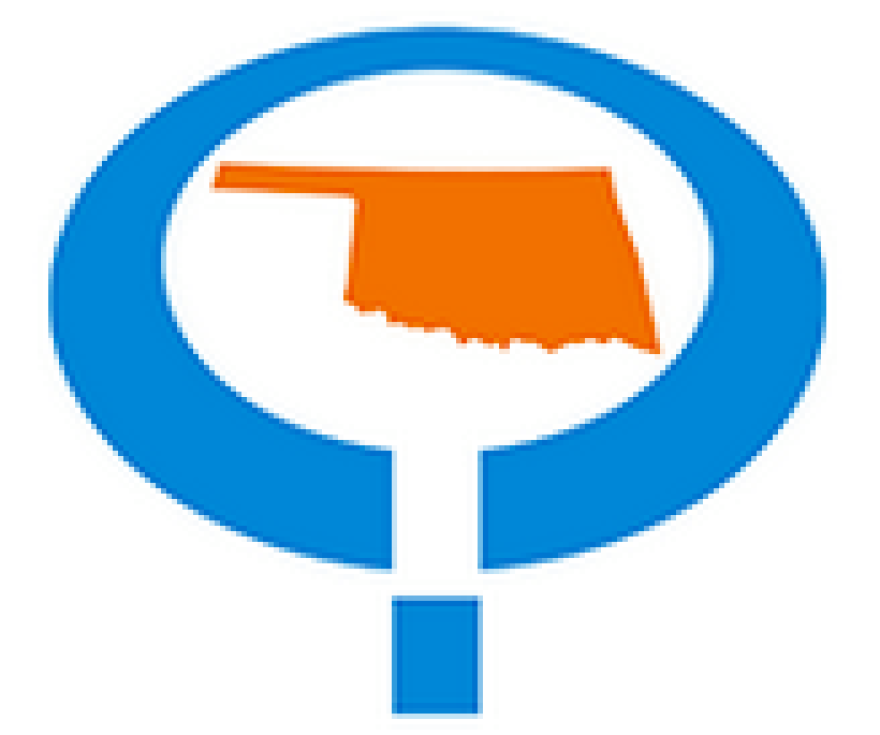The state of Oklahoma’s take from Class III gaming machines, mainly slot machines, dropped for the first time ever last fiscal year, a new report shows.
The report cited two possible reasons. An increase in Class III gaming machines across the state may have saturated the market for such machines. Also, tribes are increasing their use of bingo-style Class II gaming, which, unlike Class III, doesn’t kick off "exclusivity fees" to the state.
In fiscal 2014, the state received about $123 million in exclusivity fees, which are based on revenue from Class III electronic machines and nonhouse-banked card games, according to the report from the gambling compliance unit of the Office of Management and Enterprise Services. That represented a 4.3 percent drop over 2013. It was the first year-over-year decline since the state began collecting fees in 2006.
“While several factors likely played a part, the nearly $5.5 million decline from the previous year coincided with a decrease in fee revenues derived from electronic Class III games and a rise in the number of Class II electronic bingo machines in tribal casinos,” the report states. “Tribes do not pay exclusivity fees on revenue generated from Class II gaming.”
Proceeds from table games such as blackjack and poker garnered a little over $17 million in 2014, a 5 percent increase over 2013, the study found. But that was not enough to make up for losses in Class III machine revenue.
Under tribes’ compacts with the state, exclusivity fees are distributed to the education reform revolving fund, the general revenue fund and the state and the Department of Mental Health and Substance Abuse Services.
The tribes pay the fees monthly based on a sliding scale for Class III electronic games: 4 percent of the net win for the first $10 million in revenue, 5 percent for the next $10 million, and 6 percent for more than $20 million. The tribes pay 10 percent of monthly net win from table games.
Oklahoma Watch is a nonprofit, nonpartisan journalism service that produces in-depth and investigative content on a range of public-policy issues facing the state. For more Oklahoma Watch content, go to www.oklahomawatch.org.



